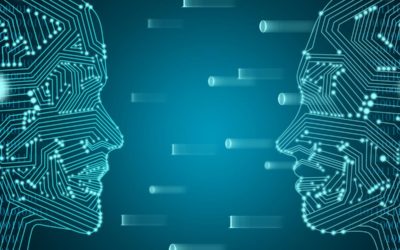Advanced Systems Analysis
The Advanced Systems Analysis Program develops, tests, and makes available new quantitative and qualitative methods to address problems arising in the policy analysis of socioenvironmental systems. The program’s research aims to support decisions in the presence of ambiguity of stakeholder interests, complexity of the underlying systems, and uncertainty.
Selected highlights
Connecting energy transitions and societal transformation based on empirical data
The transition from a traditional agrarian to a fossil-fuel-based energy regime has triggered the industrial revolution. It is a long-term transformative process of technological and socioeconomic change which is still ongoing in some parts of the world.
Using machine-learning algorithms to empower systems analysis
Machine learning is gaining prominence as a powerful tool that can deliver more precise and efficient models, as well as more accurate and rich results. In 2019, IIASA researchers continued to investigate how various machine-learning algorithms can help create and analyze data, as well as how they can help develop new tools to make modeling more efficient and feasible.


